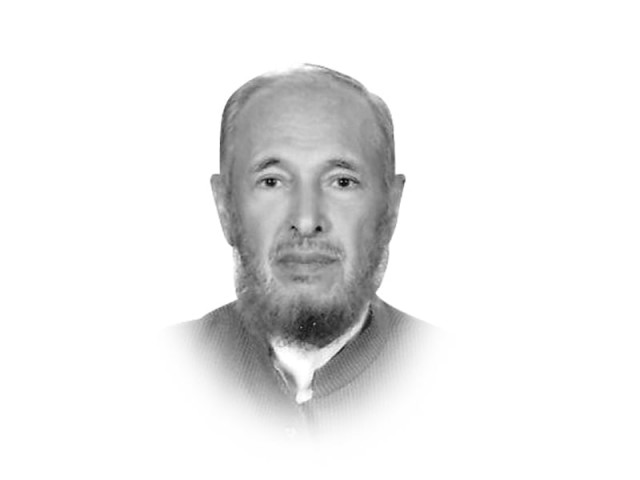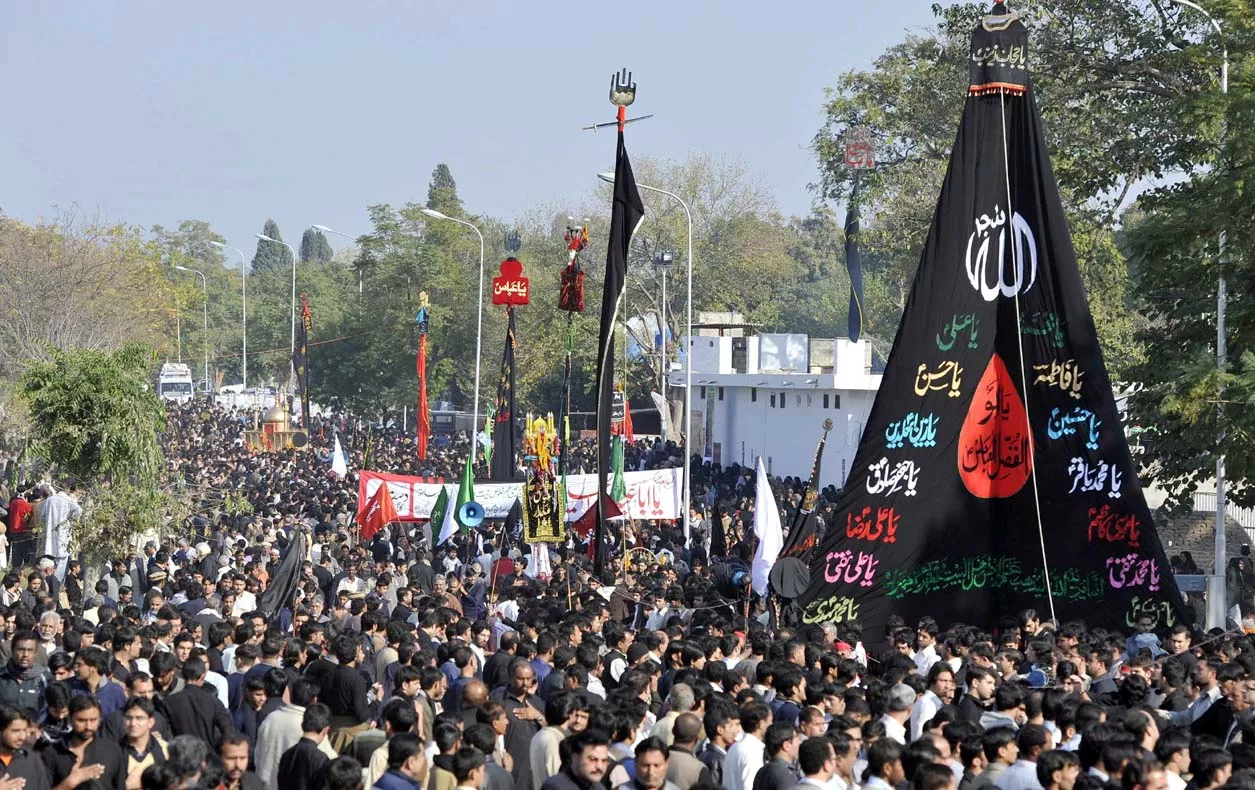
Throughout the long and painful negotiations, which would go down in contemporary history as the longest, uninterrupted interaction between the interlocutors, one factor clearly emerged as the most relevant: complete mistrust between the US and Iran, on the latter’s intent and sincerity to comply with the provisions of the agreement.
For Iran, there was much at stake. It had to break out of the cycle of continuing isolation, frozen assets, crippling economic sanctions, unemployment and a growing despondency amongst its population. Cutting the number of centrifuges from 19,000 to just 5,000 in 10 years, reducing the current stockpile of low-enriched uranium to 300kg, accepting limitations on specific research and development activities, and allowing free access to IAEA observers to inspect any site without advance warning, were bitter pills to swallow for the Islamic Republic.
For the US, to push the deal through Congress will not be easy — both houses being dominated by pro-Zionist lobbies. More importantly, it has to contend with the wrath of Israel — an outpost of American civilisation.
But there were important convergences that must not be excluded from consideration. Both the US and Iran developed common ground in the aftermath of the US occupation of Afghanistan in late 2001. Hostility towards the erstwhile Taliban government was a factor that established some form of mutual compatibility or convergence of interests. The US invasion of Iraq was a game changer because Iran was to become a close ally of the US-installed and US-sponsored regime in Baghdad. That was the beginning of an evolving rapprochement between the two countries. More recently, the emergence of the Islamic State was to provide the motivation to forge a new relationship.
Such common ground facilitated the creation of a conducive environment in which to pursue the settlement on Iran’s nuclear programme. After many setbacks, both internal and external, President Obama was focused on creating a durable legacy. Having restored diplomatic relations with Cuba after half a century of bitterness and acrimony, he wanted to seal the agreement with Tehran as another historic achievement that will define his legacy.
Will Iran use its newfound strength and vitality in promoting stability and economic progress in the region or will it pursue hegemonic ambitions that would cause ripples of discontent in the region? Dealing with Iran post-agreement would be a test of diplomacy and statesmanship for the Western powers. The most important part of the post-deal diplomacy will be the reaction of Saudi Arabia and Israel. Perhaps, it will be easier to deal with concerns in Israel than those in Saudi Arabia. Israel knows that the American commitment to its security is an unalterable constant. Furthermore, it has an upwards of more than 150 nuclear war heads. Such safegauards, together with iron-clad US guarantees, provide the state of Israel with enough guarantees for its security. Israel’s anger is directed more towards ensuring that Iran-US ties don’t grow beyond an ‘acceptable threshold’ .
Dealing with Saudi fears would pose a bigger problem due to a threat of a new arms race in the region, based on presumed Iranian threats. Saudi Arabia may feel that it has to reappraise its defence policy and may begin pursuing the option of acquiring nuclear warheads. That obviously would create a totally new environment of a deadly arms race that would threaten peace not only in the region but the entire world. Faced with such daunting and formidable challenges, there is only one possible option that needs to be relentlessly pursued both by Western countries and the nations of the region: seeking sustainable rapprochement between Tehran and Riyadh. This is a monumental task but not impossible to accomplish. There is no reason to suppose that Iran would be able to pose a threat to Saudi Arabia of a type and magnitude that would conceivably require the deployment of nuclear weapons or indeed even conventional weapons. Disputes in Palestine, Lebanon, Yemen and Syria would continue to pose challenges. An outright war for hegemony between Iran and its Arab neighbours would be too devastating to contemplate.
It is here that countries like Pakistan can and must contribute to the initiation of a long process that seeks Iran-Arab reconciliation. If such reconciliation could take place — which would take a long time — the Middle East and the region could be well on its way to achieving long-term stability. Iran can contribute to the growth of the economies of the region, and to raising the standard and quality of living of the teeming millions by promoting trade, education, investment and tourism, and dismantling the obstructions to development. There is an opportunity for Pakistan to play a historic role in further normalising relations between Iran and the international community. China would certainly like to see peace and stability in the region to ensure the completion of its ‘One Belt, One Road’ programme. The China-Pakistan Economic Corridor would also get a boost if Iran opens up to the world, bringing in its fold, short-term and long-term benefits. It is time for Pakistan, China and of course the US to act swiftly to seize a historic opportunity.
Published in The Express Tribune, July 26th, 2015.
Like Opinion & Editorial on Facebook, follow @ETOpEd on Twitter to receive all updates on all our daily pieces.












COMMENTS
Comments are moderated and generally will be posted if they are on-topic and not abusive.
For more information, please see our Comments FAQ